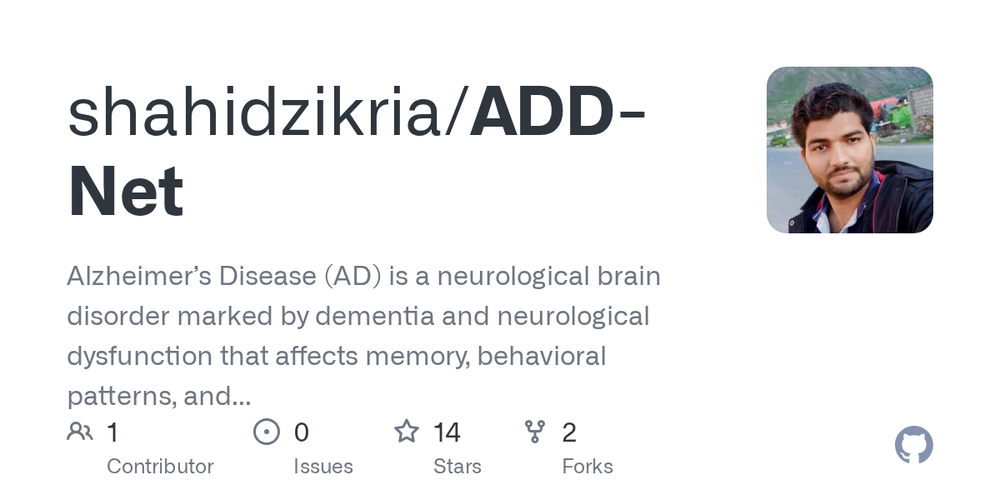Introduction to ADD-Net
ADD-Net (Alzheimer’s Disease Detection Network) is a novel deep learning architecture designed to classify Alzheimer’s Disease (AD) stages using MRI scans. This model leverages Convolutional Neural Networks (CNN) to automate the diagnosis process, which traditionally relies on manual evaluations. The key features of ADD-Net include:
- High Accuracy: Achieves 98.63% accuracy in distinguishing AD stages.
- Efficient Architecture: Designed with relatively few parameters, making it suitable for training on smaller datasets.
- Class Activation Maps: Provides visual heat maps to indicate areas of the brain affected by AD.
- Synthetic Oversampling: Addresses class imbalance in the Kaggle MRI dataset to ensure even distribution across classes.
- Comprehensive Evaluation: Outperforms state-of-the-art models like DenseNet169, VGG19, and InceptionResNet V2 across multiple metrics including precision, recall, and F1-score.
This model is particularly beneficial for healthcare professionals seeking reliable and efficient diagnostic tools for Alzheimer’s Disease, enhancing the accuracy and speed of evaluations.

